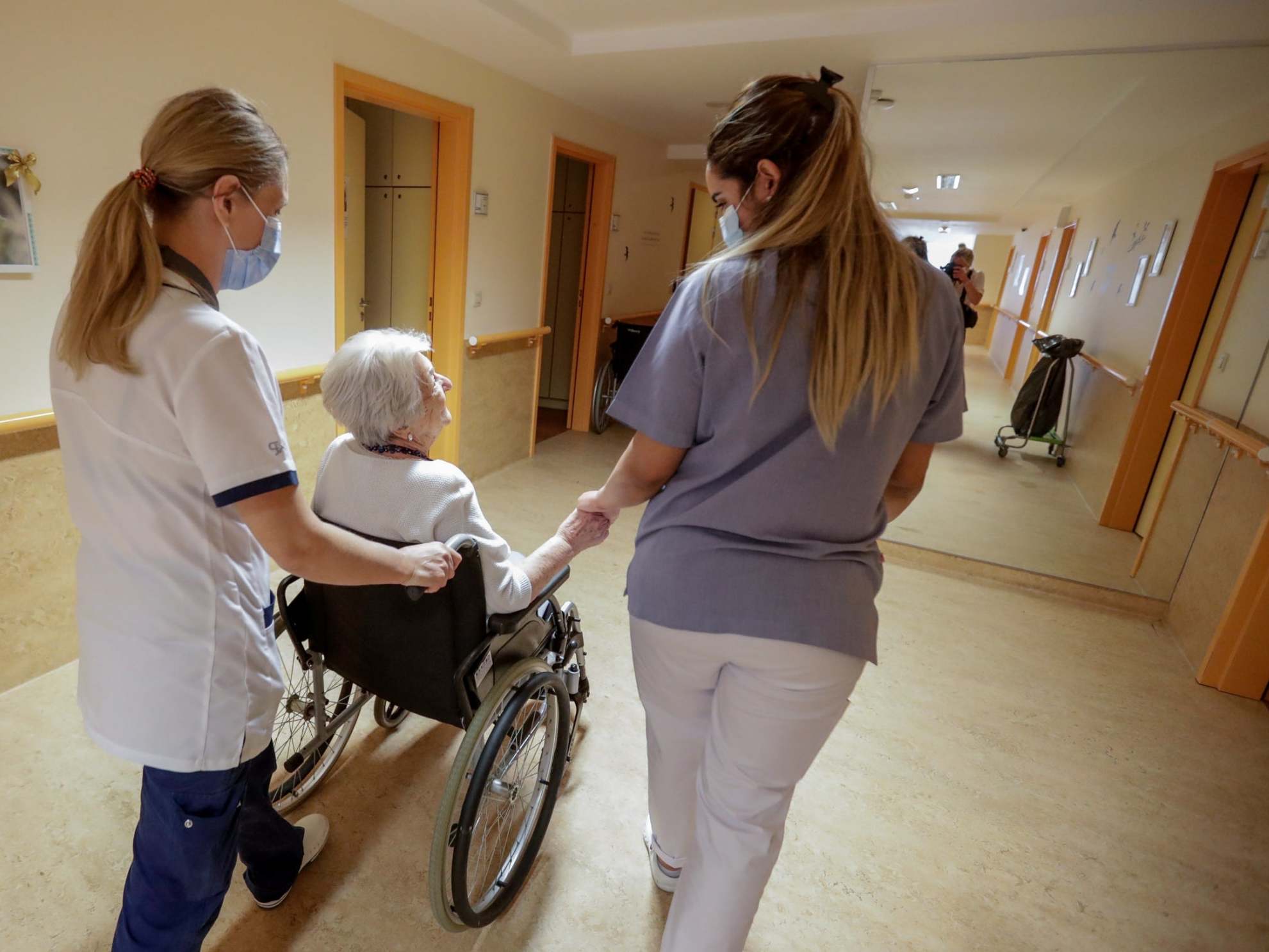UK must borrow to pay for 'crusade' to improve living standards of poor after pandemic, says John Major
Taxes will have to rise in longer term to help 'left behind' people, says former Conservative prime minister
Your support helps us to tell the story
From reproductive rights to climate change to Big Tech, The Independent is on the ground when the story is developing. Whether it's investigating the financials of Elon Musk's pro-Trump PAC or producing our latest documentary, 'The A Word', which shines a light on the American women fighting for reproductive rights, we know how important it is to parse out the facts from the messaging.
At such a critical moment in US history, we need reporters on the ground. Your donation allows us to keep sending journalists to speak to both sides of the story.
The Independent is trusted by Americans across the entire political spectrum. And unlike many other quality news outlets, we choose not to lock Americans out of our reporting and analysis with paywalls. We believe quality journalism should be available to everyone, paid for by those who can afford it.
Your support makes all the difference.Former prime minister Sir John Major has called on the government to borrow heavily to pay for a “crusade for a decade” to improve the living standards of left-behind people as the UK emerges from the coronavirus crisis.
Sir John said that, following the collective experience of Covid, the “national conscience” will demand more money being spent on priorities like better conditions for health and social care workers, housing rough sleepers and ending reliance on food banks.
Taxes will “no doubt” eventually have to be increased to pay for an “extremely expensive” programme lasting many years, he said. But in the short term, he said government should take advantage of low interest rates and borrow more to fund it - even though national debt already stands above 100 per cent of GDP.
Speaking on BBC Radio 4s Today programme, Sir John - who was Conservative PM from 1990-97 - said that the pandemic had brought to light the “crucial” contribution to national life made by low-paid people in “unglamorous” jobs like health and social care workers, cleaners, porters, delivery men, shop assistants and refuse collectors.
“We tend not to realise the extent to which we depend on them in our daily life,” he said. “I think that’s become clearer and will have an effect on policy.
“It has become evident that a lot of people have been left behind by the changing nature of modern life. I think the shock of the virus has made that crystal clear.
“Some of them have died, some of them have lost their health. Many of the people who have cared for those who have been sick have themselves been living in fairly difficult conditions.
“I think common decency suggests that this has to be put right and I think the national conscience post-Covid may well demand it.”
Sir John said it was likely that the pandemic would prove “a tipping point in our value system”, as it had showcased inequalities in a way which would lead to public demands for change.
“We need a crusade to improve the living standards of those people who have fallen behind,” he said.
“None of this is easy for any government of any particular ideology, but it seems to me it is going to be inevitable that the government take a greater role in what happens in terms of social care, because there is nobody else who will do it.”
He said it was “truly shocking” that people had to depend on food banks in the fifth or sixth richest country in the world and said it was essential that “clean, healthy homes” were made available to all.

“The government is going to have to make a lot of policies that deal with some of these problems,” he said. “That is going to be extremely expensive.”
But he said chancellor Rishi Sunak should not look to fund social improvements by raising taxes in the emergency budget statement expected in early July.
“To put up taxes before the economy has recovered - which may take a while - would in my view be a mistake,” the former PM said.
“But, over time, I think there is little doubt that taxes are going to rise.
“For the moment, because interest rates are so low and likely to remain so, it is possible for borrowing to take the strain in the way it couldn’t have done a quarter of a century ago.”
Asked whether further borrowing was suitable when debt levels were currently 100 per cent of national income, Sir John said: “I think it is going to be inevitable in the short term.
“I think there is scope in the short term – not forever, there is no magic money tree, let me make that clear – but for a period until the economy is recovered and taxes for some people can then go up.”

Join our commenting forum
Join thought-provoking conversations, follow other Independent readers and see their replies
Comments